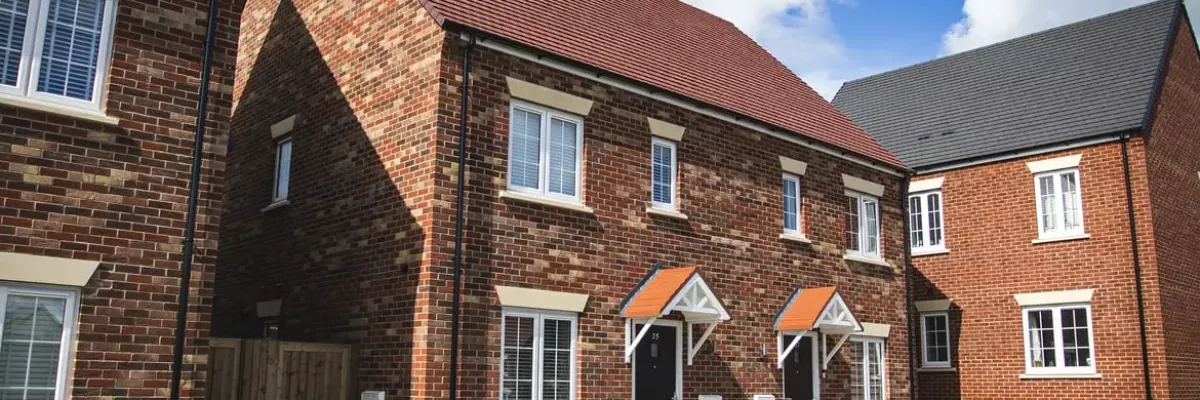What is a foreign Currency Loan - FCL?

The name may appear a bit confusing at first, a Foreign Currency Loan applies to mortgage lending. It is not something that the majority will come across. The main and most common scenario is where you intend to use income that is not in GBP to support your mortgage it will be considered a Foreign Currency Loan or FCL for short. That is what we will focus on here.
A mortgage may also be considered FCL if the source of repayment is in a different currency than GBP. This would only apply if you are intending to take out an interest-only loan and you intend to use something other than the property to repay the mortgage at the end of term. For example, investments.
What is the most likely scenario
Let's say you are buying a home in the UK with a mortgage in GBP. You work in Dubai earning your salary in AED. In order to make your mortgage payments each month, you, therefore, need to convert enough AED income to GBP and send it to the UK in order to make your mortgage payment each month.
This would be considered an FCL.
What does this mean for you?
Actually very little. There are two main elements here. The first will likely involve a foreign currency haircut applied by your lender and the second is that they will monitor your mortgage and let you know if the rate between AED and GBP falls significantly.
Foreign Currency Haircut
Not all lenders will accept mortgage applicants that use a foreign income to support their mortgage. Those that do are likely going to apply what is referred to as a haircut. That will vary from lender to lender.
Essentially what they are doing is ensuring that if the as in our example above you are paid in AED that if it falls significantly you can still meet your mortgage payments.
To make this a bit clearer lets use an example:
If your mortgage payment was £1,000 each month, at today's rate you will need to convert 4,980 AED to GBP to get that £1,000.
If the exchange rate dropped by 20%. The effect of that would be that you would need to convert 6,226 AED to GBP to still only get £1,000.
The issue for the lender is that an extra 1,246 AED each month may cause difficulties for you in Dubai due to the extra income you need to use to meet your mortgage payments.
To ensure you won't have any difficulties the lender may only allow you to use 80% of your AED income in Dubai to ensure a significant shift in the exchange rate would not cause you difficulty.
Monitoring your mortgage
Although the lender may apply a haircut to your foreign income, the Mortgage regulations state that the lender must monitor your mortgage, specifically the GBP to AED exchange rate. Whenever the rate dips by 20% or more from the rate at the point your mortgage had drawn, they must write and tell you.
For the most part, I am sure that anyone in this position will know, The rates are unlikely to move that amount (20%) overnight. It is more likely going to be a gradual process.
As noted earlier, the same will apply if you have an interest-only mortgage and are repaying it from say investments held in AED or other currency.
Note
This is a more niche situation that won't affect most borrowers but is useful to know.
Lee Wisener, CeMAP, CeRER, CeFAP
Having worked in the mortgage industry for over 20 years I have always wanted to build a website dedicated to the subject. Also being a geek when it comes to the internet all I needed was time and I could both build the site from scratch and fill it with content. This is it!

<< Newer Post
Happy New Year 2022Older Post >>
Is Klarna bad for your mortgage application?